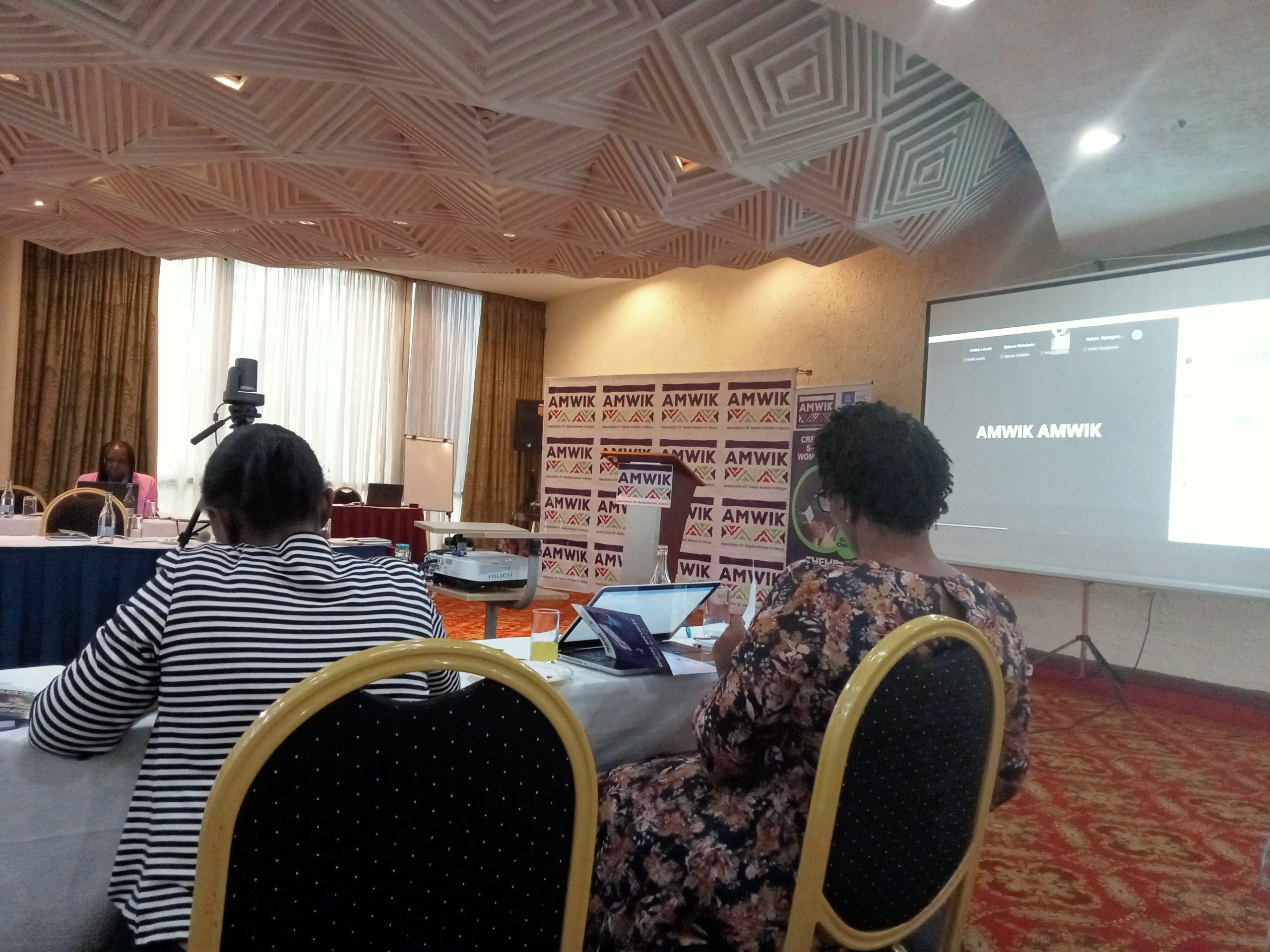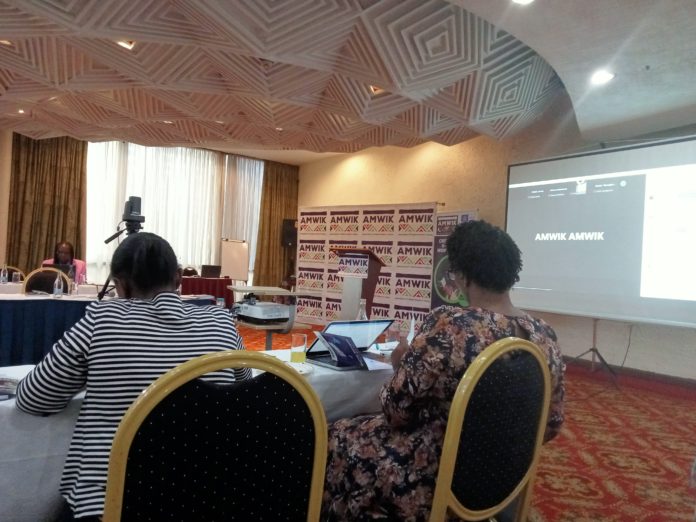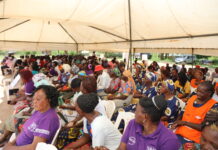By Arasha Siola
Nairobi, Kenya: August 2021, while being a reporter at a local community media station, which I had just joined, was when I experienced harassment from the Managing Editor,” Joy recalls the torrent of harassment directed to her.
According to her, the managing editor would call her on phone imposing flirtatious conversations, requesting sexual favors, and forcing unwanted sexualization on her. The perpetrator exacerbated the online harassment with physical sexual harassment at the workplace.
“I was subjected to constant sexual harassment and unwanted advances. The editor would forcefully kiss me and to make matters worse, at times he would do it in the presence of my colleagues!” she says. “The harassment had long been an unfortunate and infuriating part of doing my job” she adds.
Joy continues by saying that she would constantly reject and warn him which in turn led to frustrations in the newsroom. The managing editor stopped proofreading her scripts and instead he delegated this duty to other reporters. “He stopped assigning me dockets to cover stories and my ideas were always bypassed which made me feel as if my career was on suicide. This whole occurrence almost made me quit my career,” she reveals.
She then decided to report the matter to the CEO of the organization and with proof of the CCTVs, evidence was found against him. He was dismissed from his duties and got laid off. Joy says that the organization lacked sexual harassment policies which left her without enough justice.
Online attacks and security concerns can be particularly prevalent for female journalists. Female journalists face the difficult task of needing to have an online presence while trying to protect themselves from being harassed and attacked on various digital platforms. These harassments are designed to belittle, humiliate, and instill fear and silence with an aim of discrediting them professionally.

Online harassment of female journalists has become a “silent epidemic” that is now hindering them from breaking the glass ceilings in their careers. The cycle of silence and online harassment of female journalists needs to be broken as most victims of these harassments end up retreating from the public domain, leaving the male-dominated field of journalism with fewer female voices.
Professional bodies and media organizations have and still are relentlessly raising awareness and empowering female journalists on online safety, effective use of platform tools for countering online abuse, employer advocacy, and legal frameworks. Association of Media Women in Kenya (AMWIK) particularly, in partnership with Siasa Place, Google Ke, and Twaweza organizations recently held a training on digital safety where female journalists were actively engaged.
“Female journalists have been victims of online trolling and body shaming which are intimidations to ensure journalists are not doing their work. Some of these perpetrators of online trolling are fellow colleagues who share photos and personal information of them,” said AMWIK’S Executive Director Judie Kaberia. She continued by saying that responsibility should always start with us as individuals and that female journalist should try and maneuver their way within their own capacity to ensure that they are not victims.
Jelimo Chelagat, the Managing Partner of Akole Africa, reiterated by saying that online trolls will always take advantage and criticize female journalists at a personal level. “Female journalists should always be mindful of how their personal use of social media can impact their current and future work prospects –positively and negatively.” she continued. “Recognize that your personal online engagement especially now that we are heading to the elections can affect your personal safety. Things can be taken out of context as the internet never forgets.” she added.
Additionally, Nerima Wako, Executive Director of Siasa Place urged female journalists to utilize the reporting mechanisms available on various platforms like pseudo accounts. She continued by saying that online gender-based violence of any form should not be taken lightly and that any victim should always reach out to organizations that will address these issues. “I urge female journalists especially, to build partnerships since women’s voices are limited. This way we can have access to exercise our rights and freedom of expression,” she said.
According to a report by AMWIK 7 out of 10 female journalists in Kenya have experienced some form of online harassment in the course of work. Media organizations should ensure that journalists experiencing online abuse, both staff and freelancers have access to a comprehensive system of support including psychosocial and legal assistance. AMWIK has therefore developed insightful resources including a handbook on digital safety and security to help mitigate the issue.
The wide array of online harassment has prevented female journalists from exercising their rights to free speech and participating in public discourse. They are forced to self-censor which prevents the citizens from receiving information which is a violation of rights under Articles 33, 34, and 35 of The Constitution of Kenya. The Computer Misuse and Cybercrimes Act, 2018 is an act that aims to protect the confidentiality and availability of computer data which also facilitates the prosecution and punishment of cybercrimes.
Trolling, blackmail, cyberstalking, hacking, targeted surveillance, non-consensual sharing of intimate photos, hateful speech, and online threats among others, are punishable crimes in this act that female journalists should take note of. The Data Protection act, 2019 further establishes a legal and institutional mechanism to protect the personal data and the privacy of individuals. “It is important for female journalists to be well informed of the legal frameworks that protect them within the constitution,” Jelimo added.
Judie Kaberia concluded by also saying that female journalists should not step back or shun covering the upcoming elections or underreported issues like investigative stories in fear of receiving online harassment. “Media houses will continue putting in place and implementing mechanisms to support journalists. AMWIK is putting up a proposal to be able to support female journalists with either psychosocial support, trauma and counseling, safety and protection in order to create a safe space for them,” she revealed.














